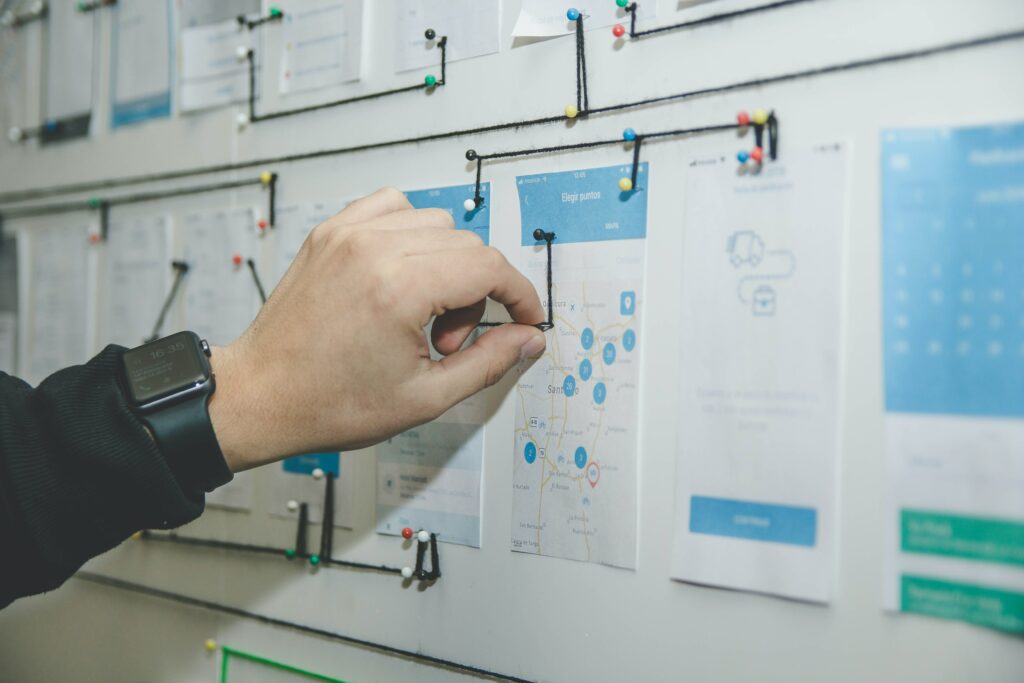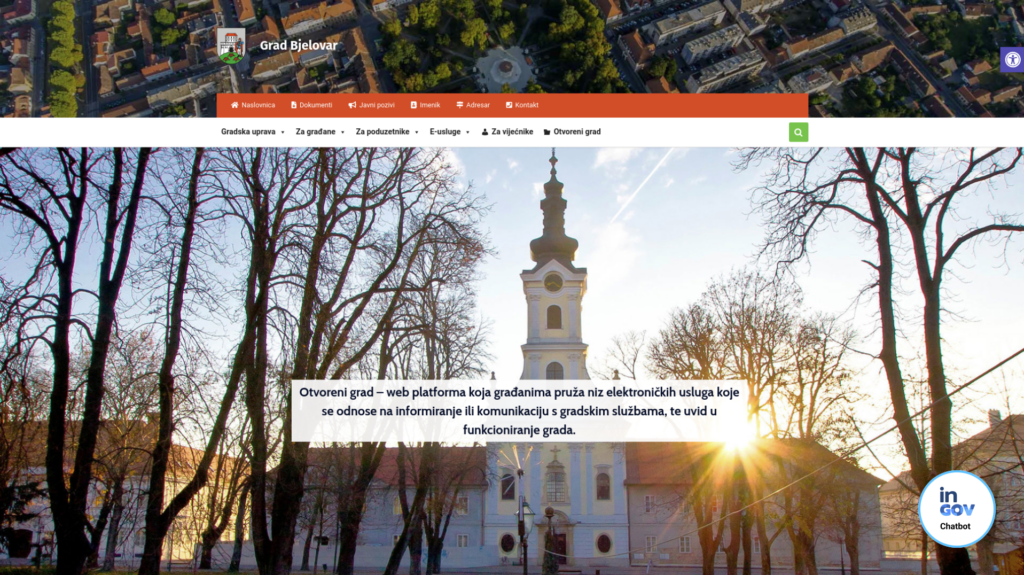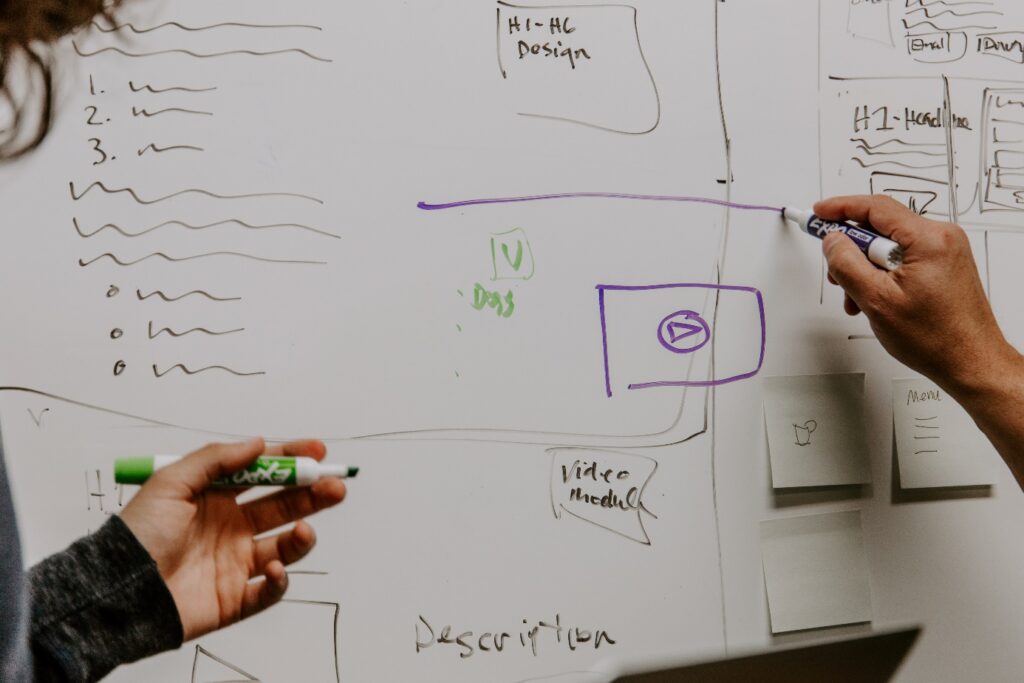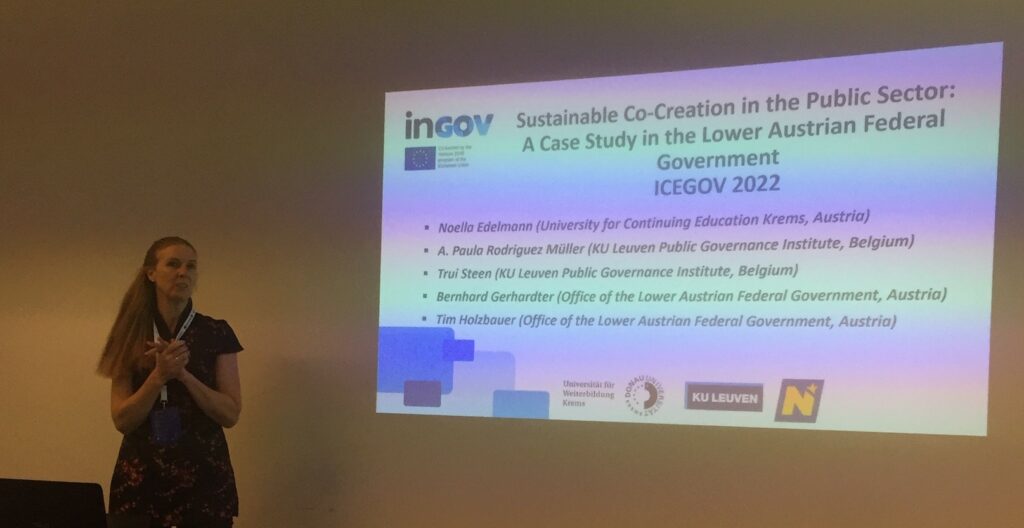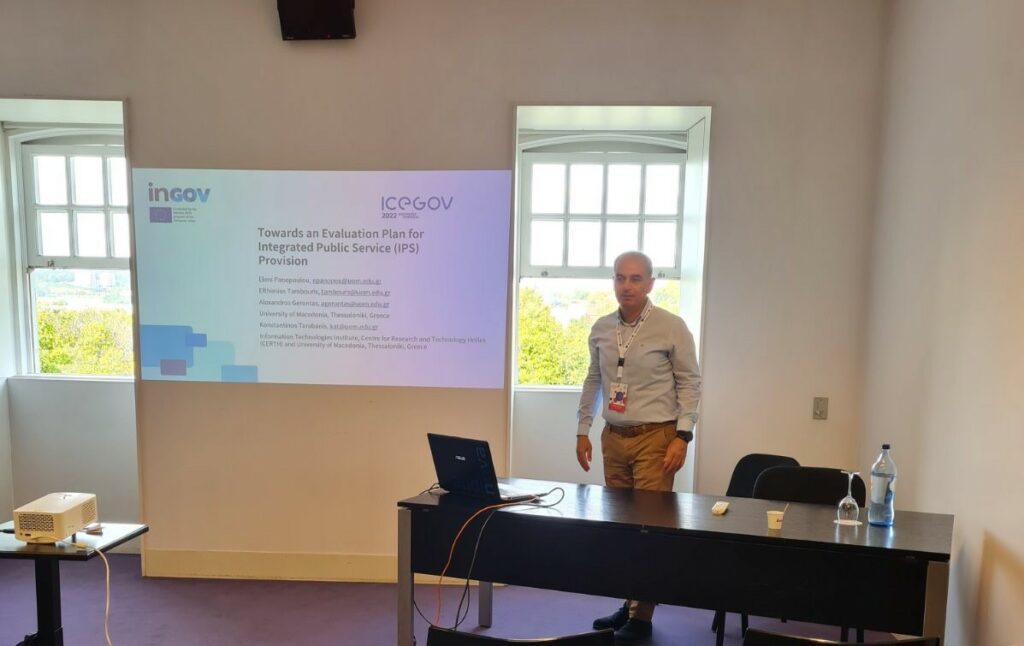Leveraging the inGOV Holistic Framework for EIRA compliant architecture design
inGOV standardization efforts
The main objective of the inGOV project is to contribute to the evolution of core European Public Service (PS)
IPS Stakeholder engagement
Stakeholder engagement is key for an e-government initiative to be fully successful and effective.
Older Posts
The IPS Holistic Framework
The IPS holistic framework is one of the main artifacts of the inGOV project
Co-creation with local government and citizens: Progress, insights, and future directions
We are sharing experiences from our Croatian pilot - how co-creation helped us shape our product and pilot approach.
inGOV project – Region of Thessaly
The inGOV research project endeavors to identify suitable governance models underpinned by Information and Communication Technology (ICT) tools.
Lower Austria: How digitalisation benefits sustainably from co-creation
Together with many stakeholders (co-creation), a solution is being investigated as to how digitization can minimize manual steps of the overnight stay tax (§ 12 Lower Austrian Tourism Act 2010), simplify processes and reduce errors.
inGOV: Pilots’ interim evaluation
inGOV evaluation strategy is organized into three iterations of piloting, aiming at evaluating the main outcomes of the project. The piloting activities are performed in four countries
A Holistic view of Household Units in Malta
The goal of the Malta pilot within the inGOV project is to implement a Digital Common Household Unit Integrated Public Service (IPS) that shall be used to identify unique household units, which are currently relevant to the provision of a number of public services.
The Importance of Digital Transformation of Public Administration – Implementation of the Virtual Assistant in the City of Bjelovar Administration System.
The process of digital transformation in the public sector, is the natural evolution of the communication strategy of public administration toward citizens, due to the increase in the use of digital tools. The main goal of the transformation is the greater focus on citizens, through joint creation, integration, transparency and efficiency, in order to increase the availability of services. By adopting the transparency model of public administration, digital technology offers countless opportunities for public administration and the connection between citizens and administration.
The H2020inGOV Project, Co-creation & Sustainability
Co-created public governance breaks with the view that the public sector can be the sole provider of public goods (Torfing, Sørensen, & Røiseland, 2019). There is growing interest in the potential of digital technologies to enhance co-creation in public services, but there is a lack of hard evidence on their actual impact because “conceptual fuzziness and tech-optimism stand in the way of collecting such evidence” (Lember, Brandsen, & Tõnurist, 2019, p. 1665)
InGOV 2nd release of ICT architecture and tools – Milestone 4
The inGOV project aims to provide innovative ICT-supported governance models which will enable stakeholders' collaboration in co-producing inclusive and accessible IPS. With that in mind, the 2nd release of the Reference Architecture developed the architectures and ICT platforms and tools, as well as emerging technologies for open data storage and access to support IPS co-creation and governance models and enable stakeholders' collaboration in co-producing inclusive and accessible IPS.
inGov at ICEGOV 2022
The 15th edition of ICEGOV was held 4-7 October 2022 in Guimarães, Portugal. The theme was Digital Governance for Social, Economic, and Environmental Prosperity, and the conference aimed to contribute to the debate on how digital technologies can be effectively harnessed to foster prosperity and development as well as provide contributions on achieving a more inclusive, just, resilient and trustworthy world.
Ethics in the inGOV project
The inGOV project belongs to citizen-centric ones which require public participation and stakeholders’ engagement, so for this reason ethics considerations constitute high priority.
Overnight Stay Tax in Lower Austria: Co-Creation as a positive factor for digitalized processes
As part of the inGOV pilot project, stakeholders and users in Lower Austria are actively involved in the digitalization of the overnight stay tax (Section 12 of the Lower Austrian Tourism Act 2010). The overnight stay tax is a joint state tax, which is collected by the municipalities in their delegated sphere of action. Different solutions are being investigated with the goal to minimize manual steps in the levy, simplify processes and reduce errors through digitalization.

